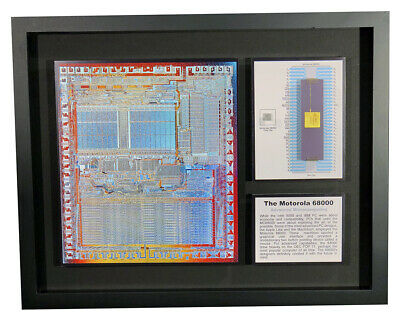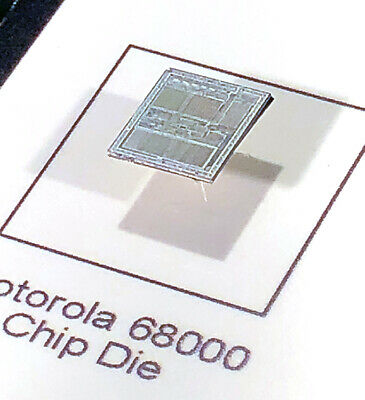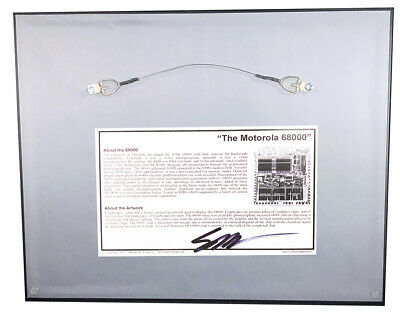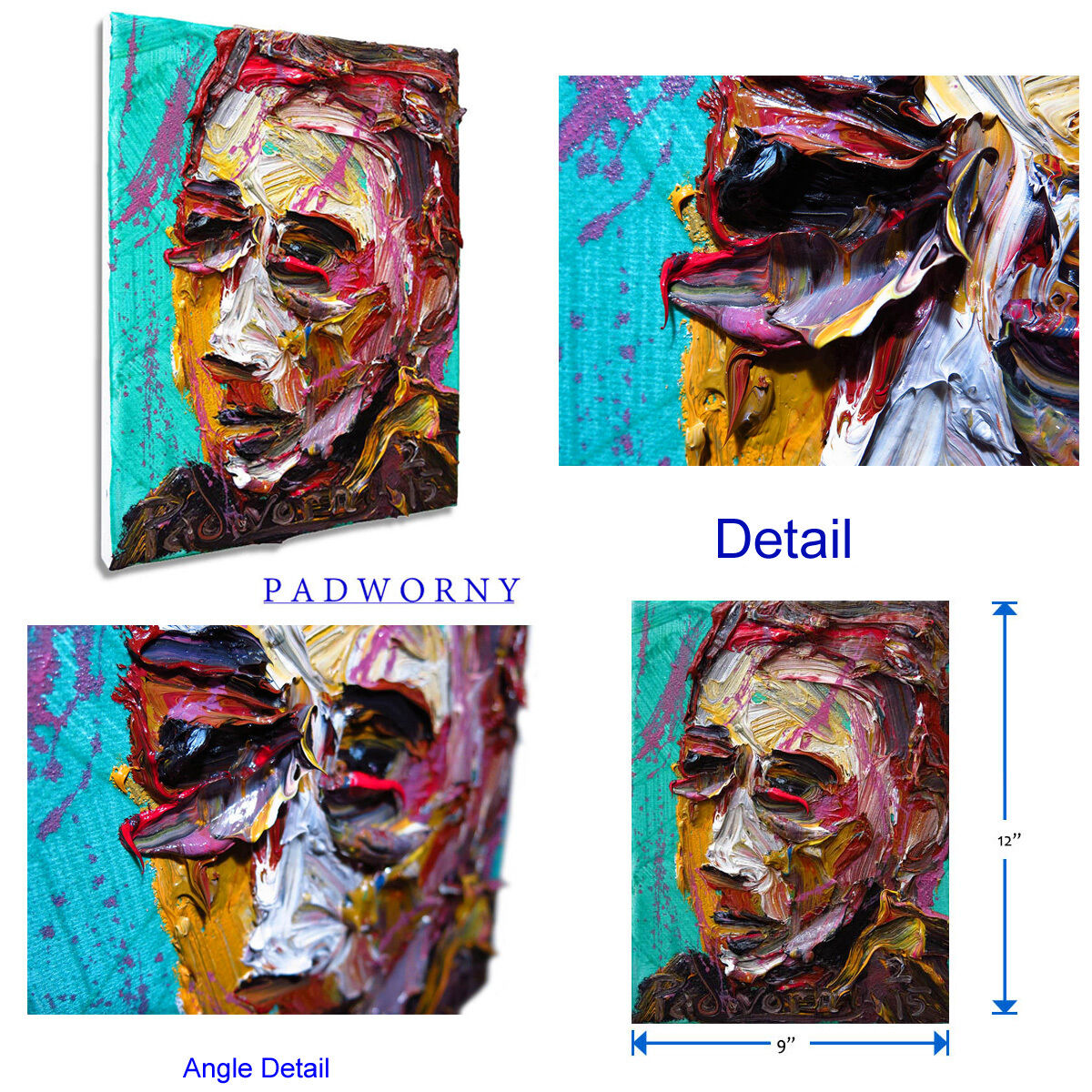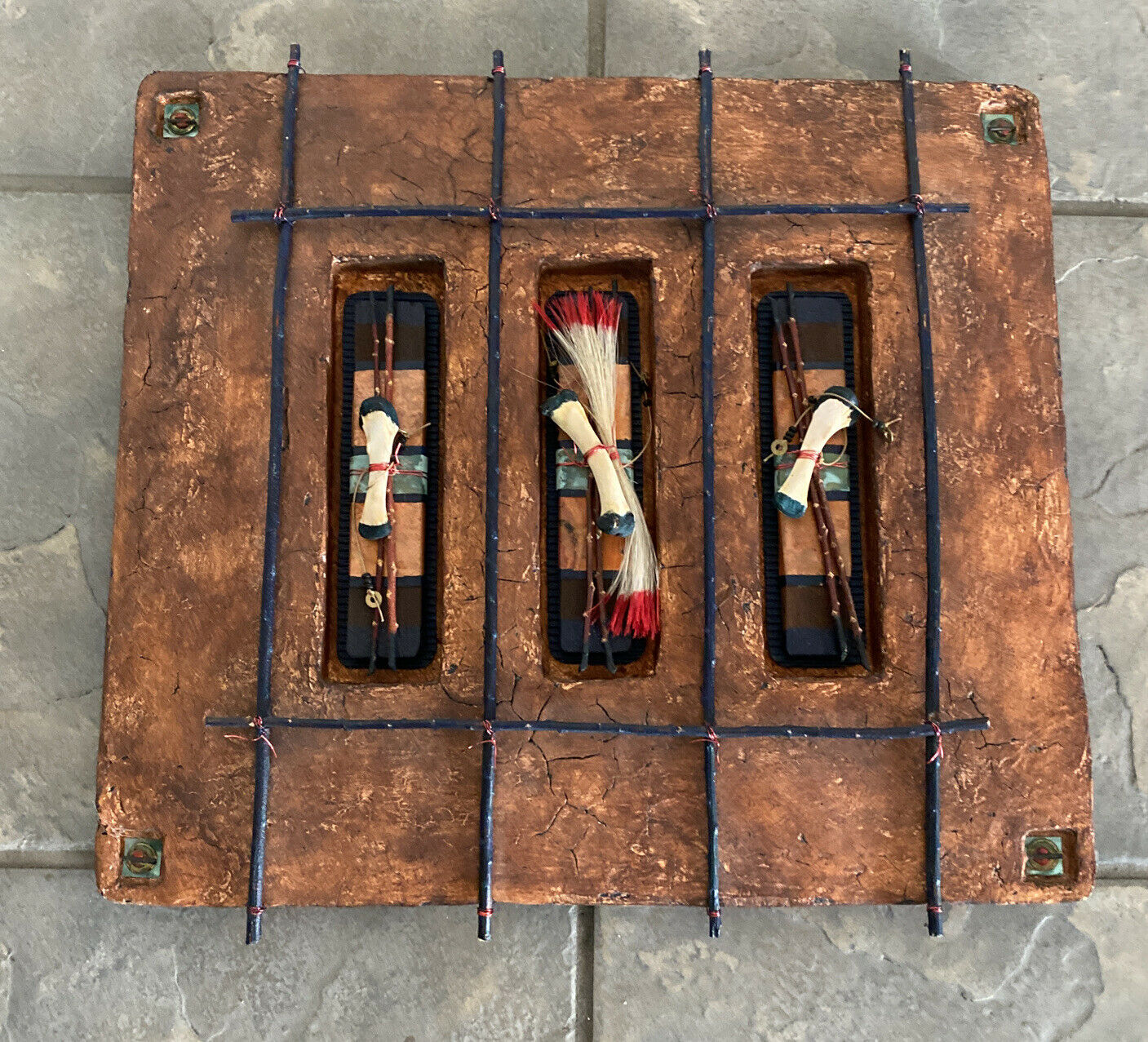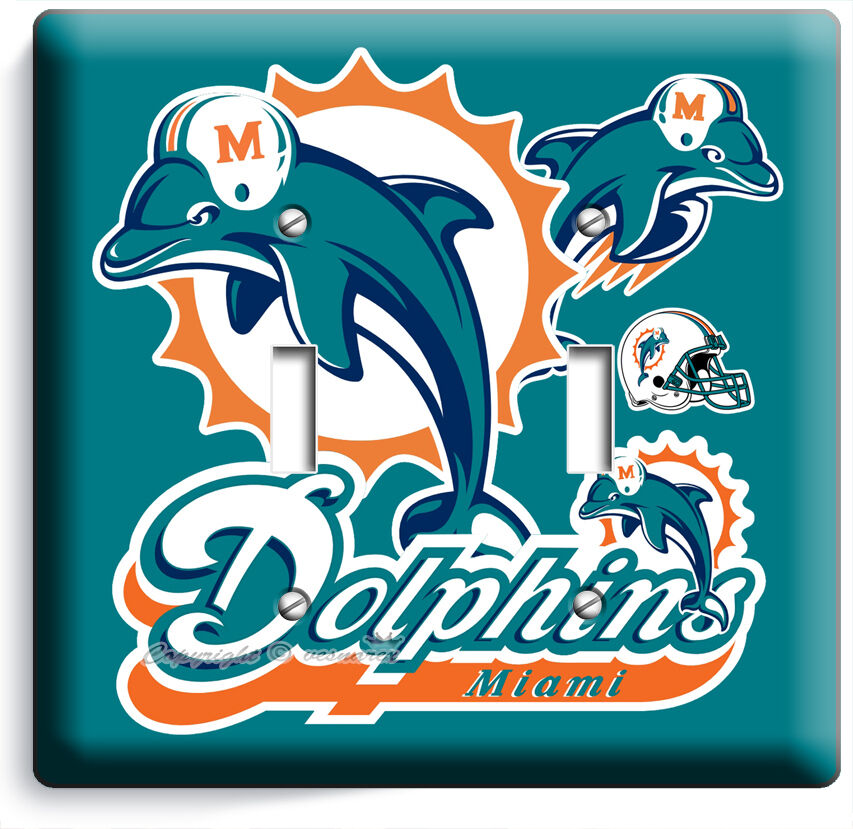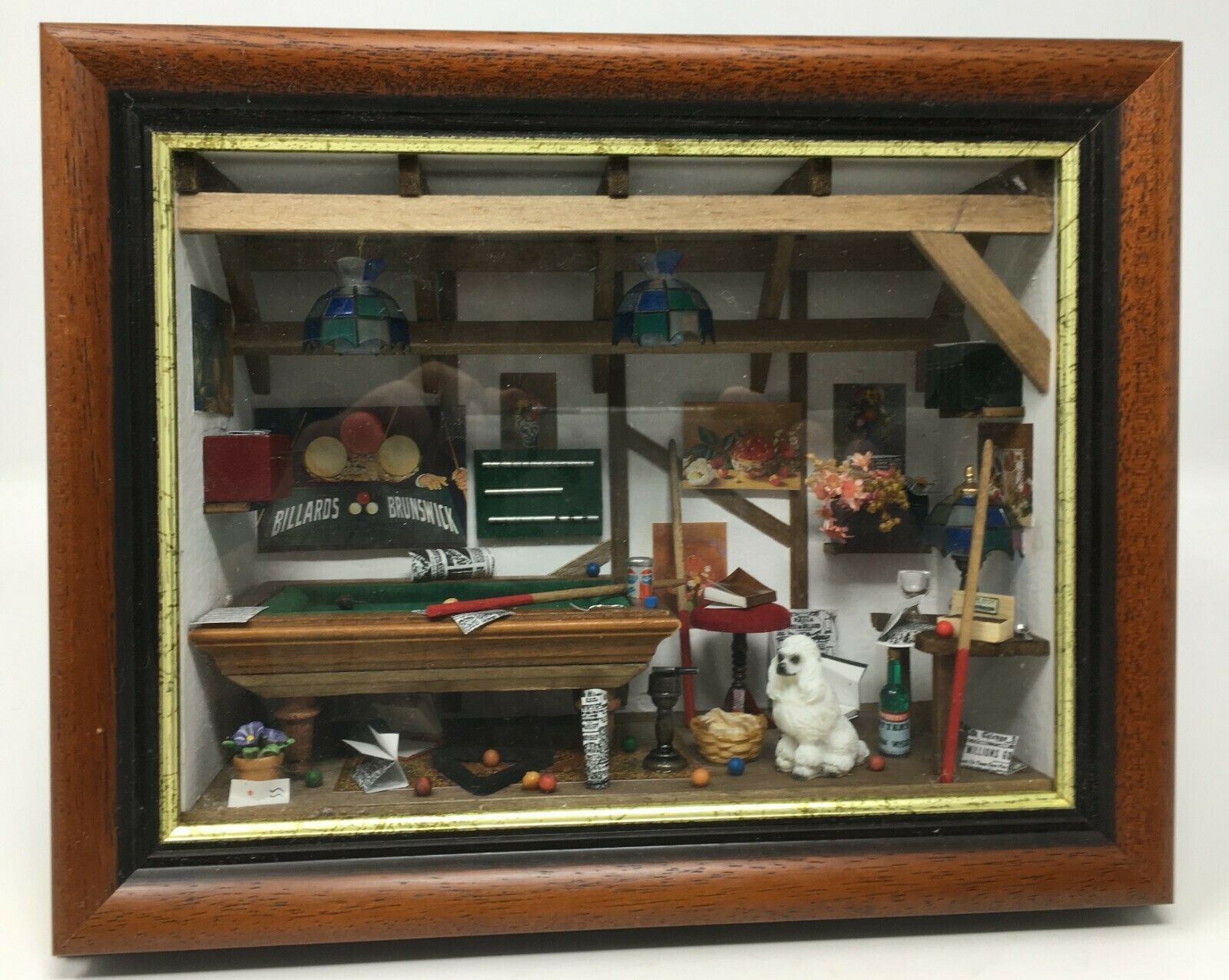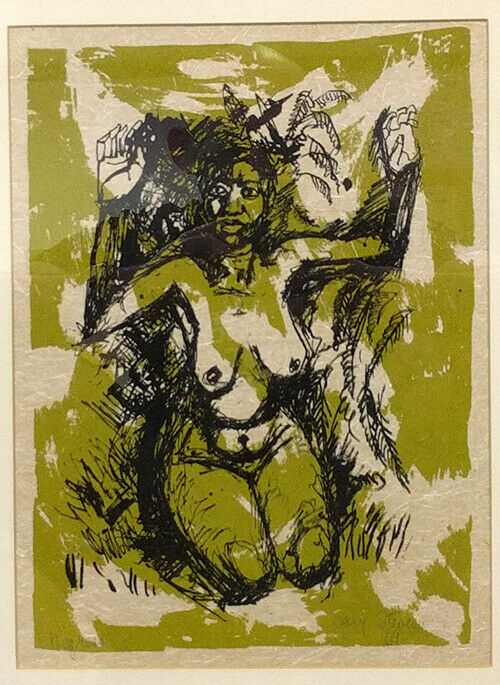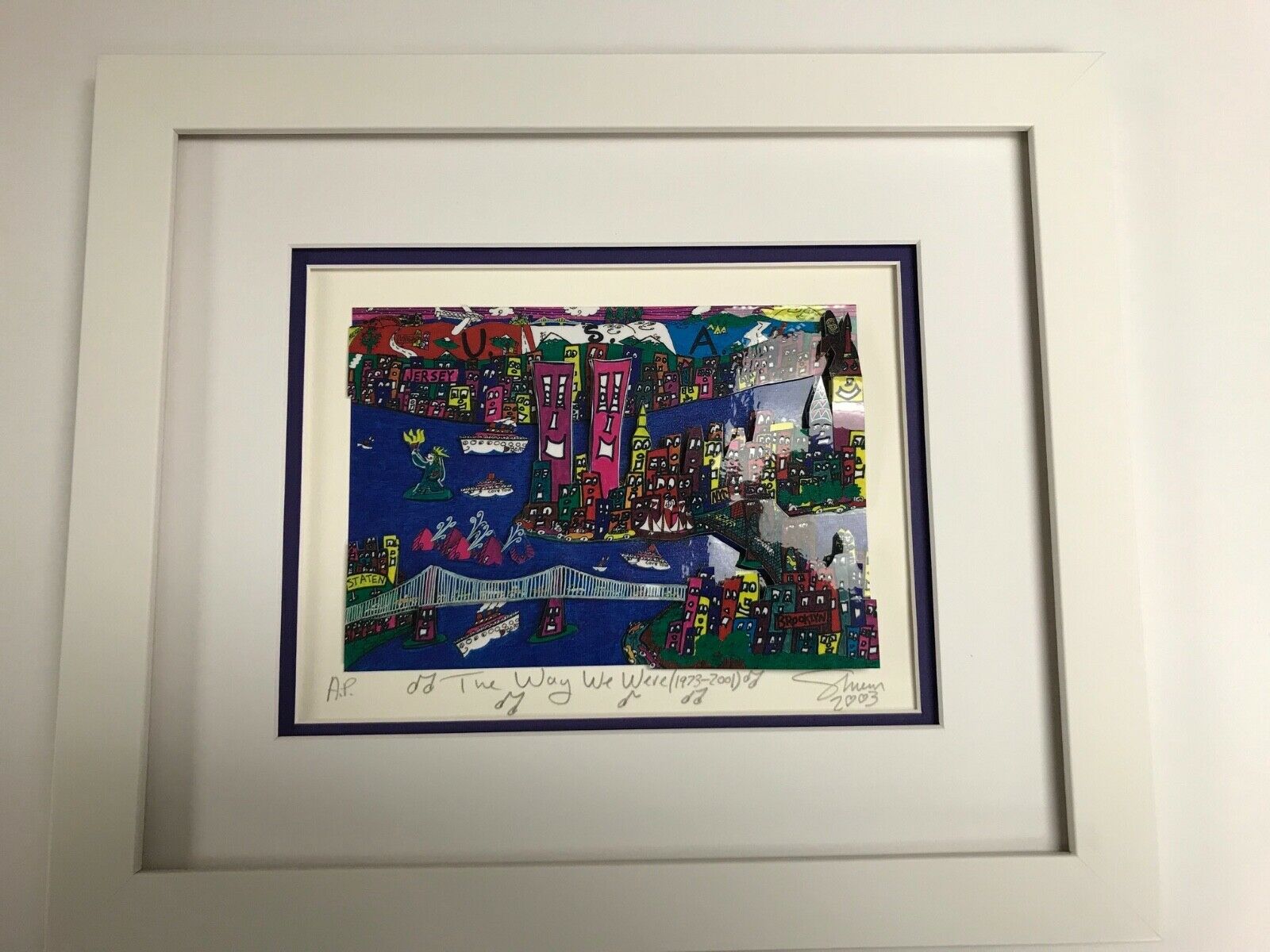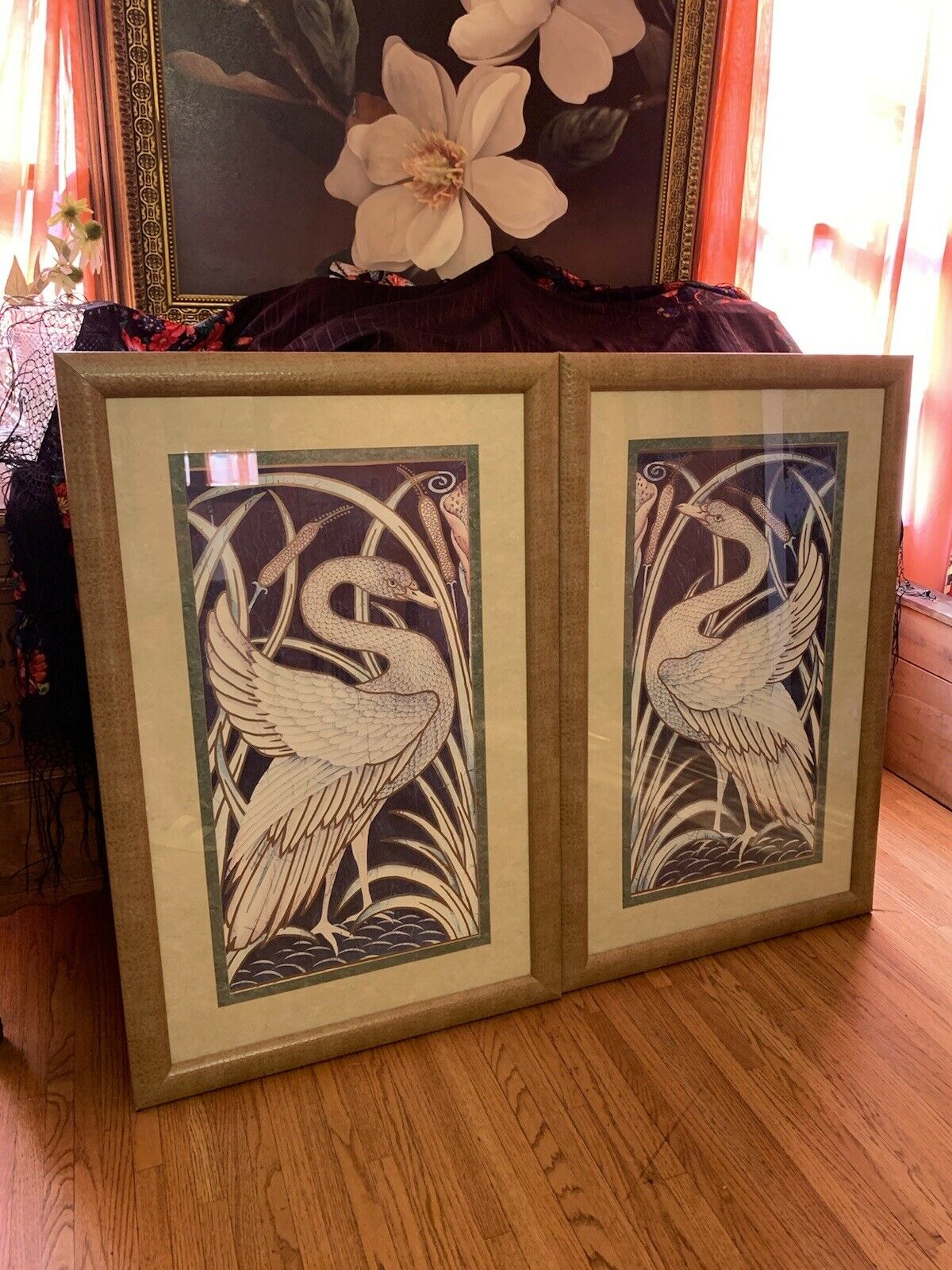-40%
The Motorola 68000 with Chip Die - Advanced Microprocessor - MACSS,MC68000L8
$ 303.59
- Description
- Size Guide
Description
About this Artwork:This artwork is a mixed media display celebrating the Motorola 68000 microprocessor.
This artwork includes 4 major elements. It has a large image of a
Motorola 68000
chip. On the back is a narrative describing the artwork and the 6800, and the artist’s signature. Also, included is a
Motorola MC68000L8
chip with the MACSS logo. It is in a purple ceramic body with tin leads and a gold lid. The fully functional chip is mounted on an enlarged diagram of the chip with the electrical signal designations for each of its leads. This artwork is unique in that it includes an
extremely rare Motorola 68000 chip die
.
About the 68000
While the Intel 8088 and IBM PC were about economy and compatibility, PCs that used the MC68000 were about exploring the art of the possible. Some of the most advanced PC designs, the Apple Lisa and the MacIntosh, employed the Motorola 68000. These machines sported a graphical user interface and provided a revolutionary two button pointing device called a mouse. For advanced capabilities, the 68000 drew heavily on the DEC PDP 11, perhaps the most popular computer of all time. The 68000's designers definitely created it with the future in mind.
The engineers at Motorola developed the 16-bit 68000 with little concern for backwards compatibility. Externally it was a 16-bit microprocessor; internally it was a 32-bit microprocessor. By contrast, the 8088 was 8-bit externally and 16-bit internally. Intel wouldn't get to 32-bit architecture until the 80486, dragging x86 programmers through the architectural mud along the way. The 68000 addressed 16MB compared to the 8088's modest 1MB. Not only did the 68000 have 24-bit addressability, it was a non-segmented flat memory model. Don't ask programmers about the 8088's memory problems unless you want an earful. Programmers of the 68000 enjoyed compatibility with future microprocessor generations (680x0). 68000 programs often required minor or no changes to take advantage of advanced features added in these generations. This careful attention to architecting in the future made the 68000 one of the most stable and reliable microprocessors. Another important microcomputer that utilized the MC68000 was the Commodore Amiga. It used an 8MHz 68000 supported by a family of custom chips to power its robust multimedia capabilities.
Framing:
The artwork is framed in an 11"x14"x1.5" black shadow box frame, with glass. All framing materials are acid free. A narrative about the artwork that includes the artist’s signature is placed on the back of the artwork. Chips and other artifacts are mounted with threads and/or acid free materials.
Questions:
ChipScapes
TM
are a new and exciting art form with bright colors, bold patterns, and interesting textures. ChipScapes
TM
have been recognized as unique in their relevance to our cyber culture and our pop culture. My art provides an edge for the decorator in our high-tech society. I am happy to work with decorators. I can provide swaths of artworks for color matching purposes. If different colors and sizes are needed for your requirements, let me know. See my FAQ for more information on how I work with decorators.
Other Questions?
For more information about ChipScapes
TM
, please click on the following links that will take you to my ChipScapes website, Chipscapes.com
Click here to see my ChipScapes
TM
Store on eBay
